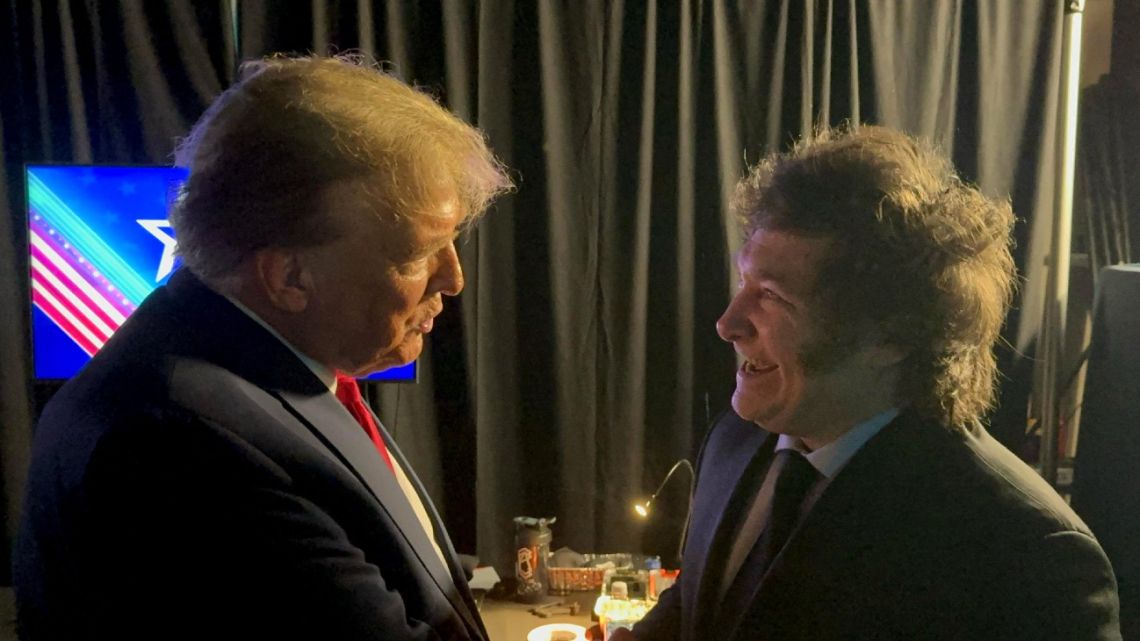(Opinion) President Lula da Silva’s Brazil is charting a controversial course in international diplomacy. The country’s foreign ministry, Itamaraty, is spearheading a progressive agenda at the United Nations, particularly on reproductive rights. This move marks a significant shift from Brazil’s traditionally pragmatic approach to global affairs.
Lula’s administration is pushing for language on reproductive health in a UN family resolution. This stance has created tension within the G77, a group of over 130 developing nations. Many G77 members, especially from Asia and Africa, are surprised by Brazil’s new ideological approach.
The world has changed since Lula’s earlier presidencies. Conservative values have gained ground in many countries. Brazil’s progressive push seems out of step with this global trend. It risks alienating traditional allies who favor more conservative family policies.
Viviane Rios Balbino, Brazil’s representative at the UN, advocates for a “feminist foreign policy.” This approach aligns with Lula’s leftist ideology but clashes with the views of many developing nations. It reflects a disconnect between Lula’s vision and the current global political landscape.
 Lula’s Itamaraty Leads Pro-Abortion Lobby at UN, Surprising G77 Allies. (Photo Internet reproduction)
Lula’s Itamaraty Leads Pro-Abortion Lobby at UN, Surprising G77 Allies. (Photo Internet reproduction)Brazil’s withdrawal from the Geneva Consensus in 2023 signaled this ideological shift. The consensus, supporting traditional family values, had broad support among conservative nations. Brazil’s exit surprised many of its former allies in the developing world.
Elton Gomes, a political science professor, notes that this approach is atypical for Brazilian diplomacy. He warns it could jeopardize Brazil’s role as a mediator in international affairs. The country’s new stance aligns more with progressive ideologies of developed nations than with its traditional allies.
Lula’s Itamaraty Leads Pro-Abortion Lobby at UN, Surprising G77 Allies
Angela Gandra, a former official under the previous conservative government, criticizes this change. She argues that Brazil is prioritizing minority ideologies over universal human values. This shift, she contends, undermines Brazil’s traditional diplomatic strengths.
Lula’s foreign policy seems to overlook the rising tide of conservatism in many parts of the world. By pushing a progressive agenda, Brazil risks isolating itself from potential allies. The country may find itself at odds with nations it once considered close partners.
This diplomatic pivot reflects broader changes in Brazil’s political landscape under Lula. However, it raises questions about the country’s ability to read the global room. The outcome of the UN vote may reveal how out of touch Brazil’s new approach is with current international sentiments.
As Brazil champions progressive causes on the world stage, it may be underestimating the strength of conservative forces. Lula’s ideological diplomacy could backfire, leaving Brazil isolated in a world that has shifted since his earlier terms in office.

 By The Rio Times | Created at 2024-11-08 10:58:40 | Updated at 2024-11-08 15:00:23
4 hours ago
By The Rio Times | Created at 2024-11-08 10:58:40 | Updated at 2024-11-08 15:00:23
4 hours ago




/cdn.vox-cdn.com/uploads/chorus_asset/file/25709978/Credit__Luis_Yan_ez___ED_DSC00150.jpg)



